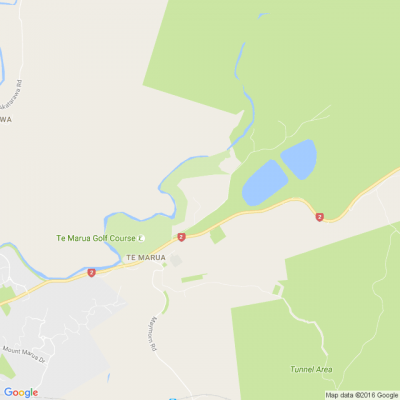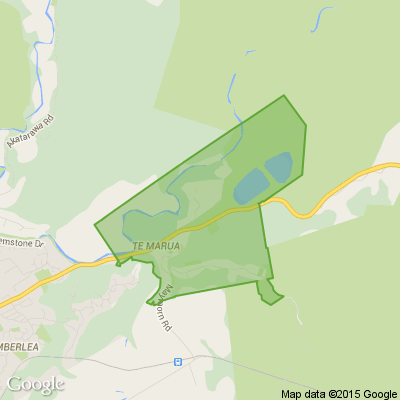
Know what’s happening
Access the private noticeboard for verified neighbours near you. Keep informed about any suspicious activity, send urgent updates to your neighbours when required and discuss emergency planning.
Get to know your neighbours
Browse the directory and start getting to know your neighbours. Don’t want to post to the whole neighbourhood? Send a private message.
Buy, sell and give away
Want to declutter your garage? Buy some used household items? Give away some garden stuff? Become a verified neighbour to browse and post items for sale. Trading is simple when everyone lives nearby.


Share what you've seen!
If you know of crime happening locally, let your neighbours know here.

Thank you for using Neighbourly
You may receive an email confirmation for any offer you selected. The associated companies will contact you directly to activate your requests.
Jan from Ebdentown
I asked these questions in 2017 the answer then was NO.
I ask the questions again, and again wonder why they don't want to know the answers.
Why they don't want to know what Library users think?
Questions :
Library staff
Are they registering requests for help?
Are they … View moreI asked these questions in 2017 the answer then was NO.
I ask the questions again, and again wonder why they don't want to know the answers.
Why they don't want to know what Library users think?
Questions :
Library staff
Are they registering requests for help?
Are they registering complaints?
Do staff point out and direct complainants to feedback forms?
Following questions still go unanswered
I asked Council under the Official Information Act for the research they said time and again supported the changes, there is no research, there is no data, they lied and still refuse to be accountable. They promised a Review – When?
Which Libraries here and overseas have adopted the philosophy?
How long had they been operating said philosophy?
How had it benefited the core business of Libraries (issuing books)?
How many were continuing to operate said philosophy?
How were these Libraries reconciling that children are being taught genre search in schools?
The research doesn't exist - they did not and still do not have any data/research to offer us in support of the changes
Someone clever, generations ago, recognised the emotional connection people can have to books, different search styles, the reverence some of us have for the stories, information, authors, and the books themselves and arranged the offering of books to others in the best way possible to cover all styles, it wasn’t an accident it was an expert professional design, that. Has stood the test of time.
To all of you share your point of view thanks, we need everyone who uses the Library to have their say, so we might end up with a balanced way to make our Library inclusive and accessible of everyone, every search style.
21 replies (Members only)
Louise from Trentham
Has anyone come across a package not addressed to them in Trentham? Stephen street to be exact. I had a package delivered today and some thieving person came up on my property and stole my package. If anyone has a package from DHL addressed Louise Tillett can you return it. I work hard for things … View moreHas anyone come across a package not addressed to them in Trentham? Stephen street to be exact. I had a package delivered today and some thieving person came up on my property and stole my package. If anyone has a package from DHL addressed Louise Tillett can you return it. I work hard for things in life and this really makes me grumpy 😡.
20 replies (Members only)
Upper Hutt: Wider Community Connectivity
Hi all. Have just made an effort to complete my UHCC 'Consultation Plan' document. Think I will FAIL 'cos I sensed a rat! What I wished to say didn't fit the boxes! But I said it anyway!!!
Ratepayers voices ARE important.
Being one who puts thought into responses ... what … View moreHi all. Have just made an effort to complete my UHCC 'Consultation Plan' document. Think I will FAIL 'cos I sensed a rat! What I wished to say didn't fit the boxes! But I said it anyway!!!
Ratepayers voices ARE important.
Being one who puts thought into responses ... what happens if the options don't fit?
Do wonder how the data analysts will record my feedback. LOL!
Do fill in the form as best you can anyway Hehe.
Jan from Ebdentown
I didn't have time to reply to his messages as I have limited time on wifi - now I can't find him - I thought him thoughtful and challenging -which we all need from time to time
15 replies (Members only)
Matt Tso Reporter from Upper Hutt Leader
The only way of controlling American Foulbrood is by burning infected hives.
*If you don't want your comments used in an article, just add NFP at the end of your post.

The Team from Neighbourhood Support New Zealand
For many, having depression is like walking through mud every day.
Walk in their shoes for a day: put on your gumboots, and donate if you can to help us provide free counselling to any kid in need.
Two thumbs up to our awesome team over at Neighbourhood Support Waitakere for supporting this … View moreFor many, having depression is like walking through mud every day.
Walk in their shoes for a day: put on your gumboots, and donate if you can to help us provide free counselling to any kid in need.
Two thumbs up to our awesome team over at Neighbourhood Support Waitakere for supporting this year's campaign. 👍👍
#GumbootUpNZ
The Team from Resene ColorShop Upper Hutt
Magazines and newspapers starting to pile up and take over your lounge? Create a handy place to keep them handy and tidy at the same time with this practical magazine rack finished in Resene wood stain and paint. Make the most of your weekend with this easy step by step project idea from Resene. … View moreMagazines and newspapers starting to pile up and take over your lounge? Create a handy place to keep them handy and tidy at the same time with this practical magazine rack finished in Resene wood stain and paint. Make the most of your weekend with this easy step by step project idea from Resene. Find out how to create this quick and easy project yourself

Raewyn Richardson from
Kyolic Aged Garlic is NZ's #1 selling heart health supplement ❤️
If you're interested in supporting healthy blood pressure & cholesterol levels, talk to us to find out if Kyolic Aged Garlic is right for you!
 Loading…
Loading…
Are you sure? Deleting this message permanently removes it from the Neighbourly website.
 Loading…
Loading…
© Neighbourly 2026
